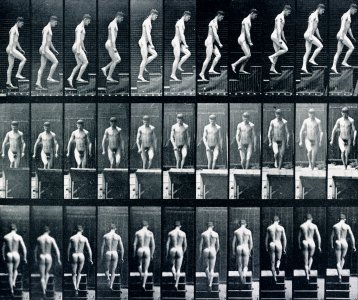Transparence et opacité : la zone grise comme hybride
Résumé
In the second chapter of The Drowned and the Saved, Primo Levi describes the grey zone of the Lager as the paradoxical ill-defined space which separates and links at the same time masters and servants. The title (which is, indeed, The Grey Zone) establishes the starting point of a semantic path related to the opacity and complexity of the subject of investigation, which the light of thought fails to enlighten. Nonetheless, the entire chapter is pervaded by the isotopy of clarity, which allows one to understand the experience of deportation and to make it understandable without reducing it to fallacious simplifications. Through his lucid style of writing, expression of the naturalist culture inherited by that patrimony of mental habits that is chemistry, Levi sets out to find the causes which allow him to delve into such an incoherent and indecipherable human phenomenon as the grey zone. The turbidity of this space reflects the one of its inhabitants’ consciousness, the victims that the totalitarian system has deprived of the ethical dimension of human experience and freedom of choice, which is the assumption of any human action, thereby condemning them to an irremediable fault. In this exploration of the depths of the soul, humankind appears in all its fragility. The cracks opened by the trauma of deportation and internment reveal its internal structure and show the grey zone as the mirror of a humankind that is easily corruptible when close to power, a hybrid monster characterised by an uncanny ontological status. The grey zone, dominated by ambiguity, corruption and confusion, reveals its transparency in the etymological sense of the term. In fact, it represents the means by which Levi brings to light the truth about the ontological status of mankind, that is its being able to tie dichotomies which the conceptual thought and its need for simplification have always kept separated ("servant" versus "master", "victim" versus "perpetrator", "innocent" versus "guilty"). This is what makes humans, as Sophocles says, the most dèinos of all the living beings.
Téléchargements
Publiée
Comment citer
Numéro
Rubrique
Licence
(c) Tous droits réservés Elephant & Castle 2023

Ce travail est disponible sous la licence Creative Commons Attribution 4.0 International .






